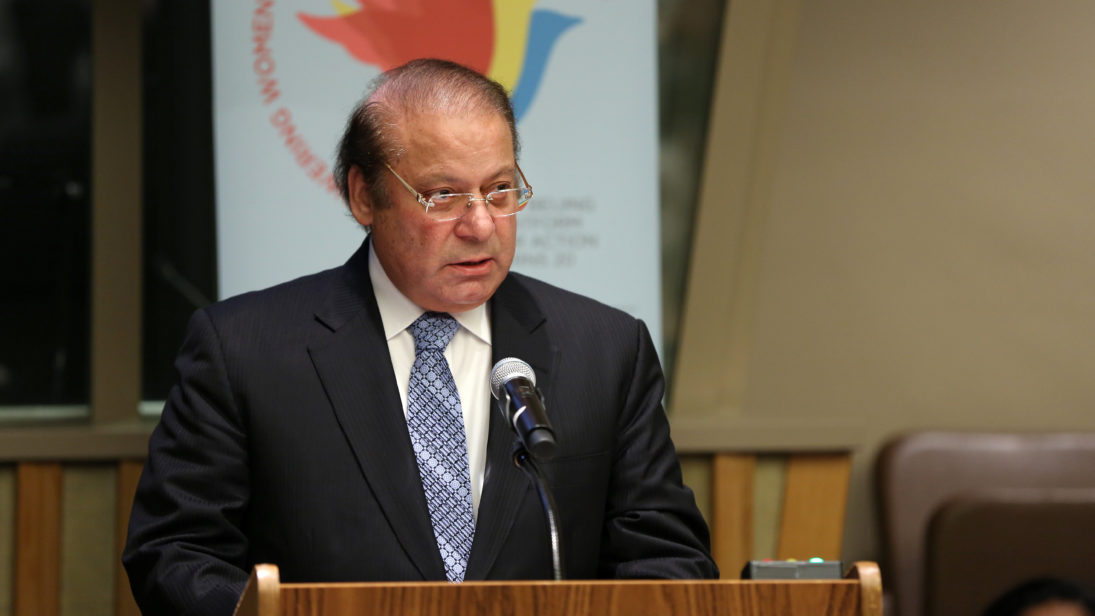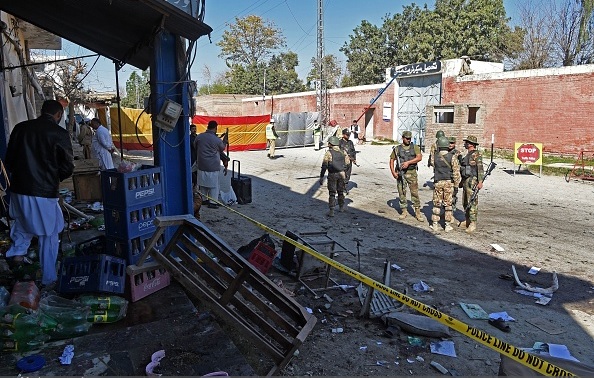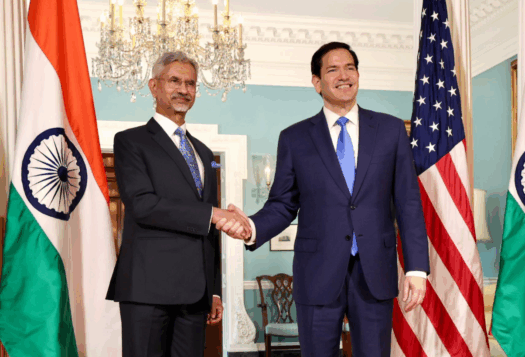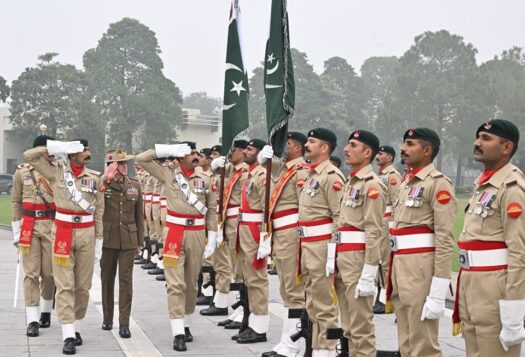
That external elements aided the execution of recent terrorist attacks in Pakistan may well be a foregone conclusion, February 2017 has been a stark reminder that the country’s own approach to counterterrorism has failed miserably. Counterterrorism efforts by the political leadership have been reduced to petty point-scoring opportunities, with both the federal government and its political opponents in the provinces pointing fingers at each other. Moreover, the latest wave of terrorism has also highlighted that counterterrorism approaches with an emphasis on the military alone will not succeed.
In the aftermath of the latest attacks in Pakistan, the military last week launched Operation Radd-ul-Fasaad or the “elimination of discord.” The operation is a “broad spectrum security/counterterrorism” initiative targeted at Punjab, and is a continuation of existing operations in the country. According to a press release issued by the military’s media arm, Radd-ul-Fasaad is aimed at “indiscriminately eradicating residual/latent threat of terrorism, consolidating gains of operations thus far, and further ensuring security of the borders.” Both the government and the opposition have endorsed the operation. According to Prime Minister Nawaz Sharif, the decision to launch this new operation was taken at the prime minister’s house.
Like Operation Zarb-e-Azb before it, Radd-ul-Fasaad may momentarily provide the country with a false sense of security but will eventually give way to an even greater quagmire. For military operations to be successful, it is critical that civilian and military apparatuses cooperate with each other. In the aftermath of Operation Zarb-e-Azb, the government failed to socially, politically, and economically integrate displaced persons from the affected areas. Additionally, in February 2016, the army had raised concerns that execution of civilian aspects of the National Action Plan (NAP), a 20-point agenda developed through national consensus to deal with terrorism and extremism, were lagging far behind that of the military. Some of the salient features of the NAP included the establishment of special military courts for two years to ensure speedy trial of terror suspects, ensuring that no armed militias are allowed to function in the country, strengthening and activating the National Counter Terrorism Authority (NACTA), countering hate speech and extremist material, choking financing for terrorists and terrorist organizations, and registration of madrassahs. Other province-specific points envisaged an end to militancy in Karachi, Punjab, and Balochistan by employing different means.
NAP remains as elusive today as it was two years ago. Although NAP was created with the blessings of all political parties, as well as the support of both the civilian and military leadership, it has since succumbed to a lack of political will and the inability of the government to implement it in its entirety.

Though speedy military-led trial courts were put in place as a result of the NAP, given the number of pending cases, the rate of convictions from these military courts remains insufficient to deal with the problem. In any case, military courts remain mired in controversy due to lack of transparency and no right to appeal and are not a long-term solution to deal effectively with the growing threat the country is facing. In fact, military courts were set up in 2015 under the self-sustained sunset clause that they would expire two years later, in January 2017. By trying to revive military courts for another three years, the government is once again trying to evade the issue of judicial reforms, one of the main provisions of the NAP. These reforms would entail a new federal law to deal with terrorism, ensuring the autonomy of police and prevention of political interference in the policing system, and collaboration with the legal community to avoid adjournments, among others. It would also involve making these departments more independent in order to make them more efficient. An overhauling of the criminal justice system would require collective efforts from various actors including the federal and provincial governments, the judiciary, and lawyers. However, there has been a decisive lack of movement on this, and the government seems to be shifting the onus of responsibility for counterterrorism efforts to the military.
Pakistan’s National Counter Terrorism Authority (NACTA), the government agency created in 2009 and legally mandated in 2013 for devising the country’s counterterrorism strategy, has little to show for itself. That NACTA was never high on the government’s priority list became evident when the organization failed to get its website up and running until 2016. Although the government appoints the NACTA chief for a three-year tenure, the organization has had numerous individuals run its affairs until the incumbent chief’s appointment as the national coordinator in 2015. Despite governmental claims to the contrary, NACTA is still not fully operational raising questions about its effectiveness. There has not been a single meeting of the NACTA board of governors, and neither has it been able to set up a Joint Intelligence Directorate (JID), whose function is to collect and analyze intelligence from both civilian and military sources to develop a threat matrix.
Other provisions stipulated by NAP, including the registration of seminaries, reforms in FATA, and steps to reconcile Balochis to end sectarian terrorism have also been ignored.
The question that needs to be asked is: where do we go from here? In order to deal effectively with terrorism, Pakistan needs to completely overhaul its criminal justice system and strengthen its civilian law enforcement agencies. Areas that require immediate attention include madrassah reforms, curriculum development in both religious and secular schools, clamping down on terror financing, and dealing with banned organizations. Hate speech and extremist propaganda being disseminated by local mosques and imams need to be monitored as well. The first step in the right direction would be to begin regulating the 13000 seminaries in the country, 97 percent of which are being run privately. The Jamia Faridia madrassa in Islamabad is one of the many troubling examples illustrating this link between terrorism and religious seminaries. In 2007, Jamia Faridia was the scene of a military operation which left more than 100 people dead and led to the rise of the Tehreek-e-Taliban Pakistan (TTP).
Our leaders need to acknowledge their past mistakes and learn from them to predict future outcomes. They should also be prepared to launch fresh efforts if existing ones fail to yield the desired results. Dealing effectively with terrorism requires a more holistic solution, second only to a willingness by the political leadership to take responsibility, and this should begin with implementing the National Action Plan in both letter and spirit.
***
Image 1: Flickr, UN Women
Image 2: Getty Images, Abdul Majeed/AFP


